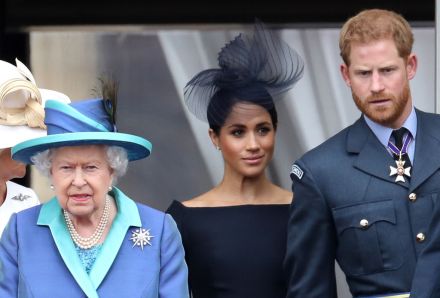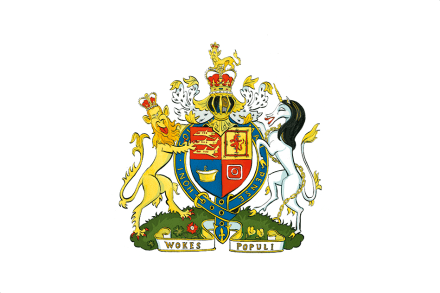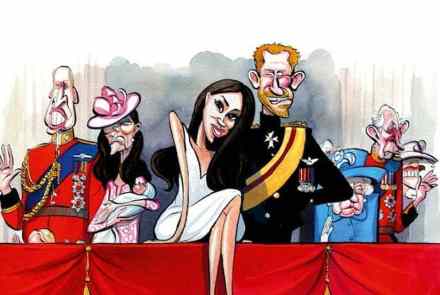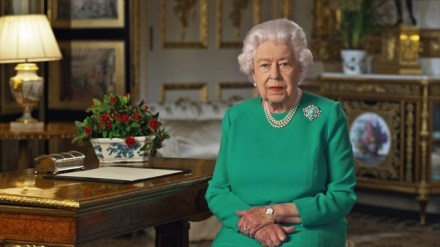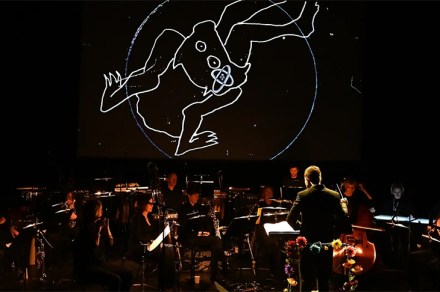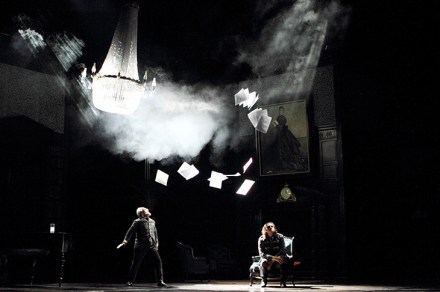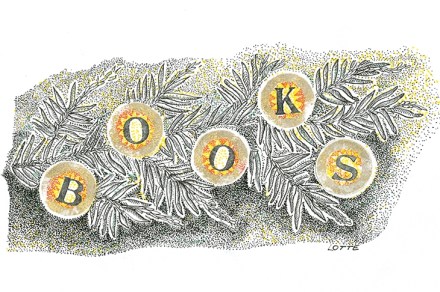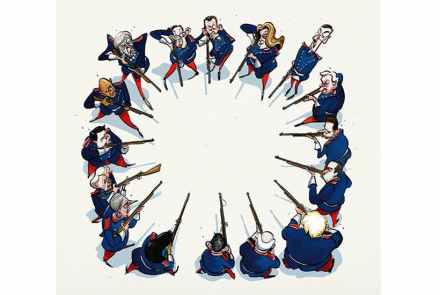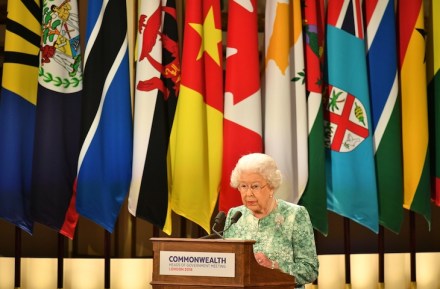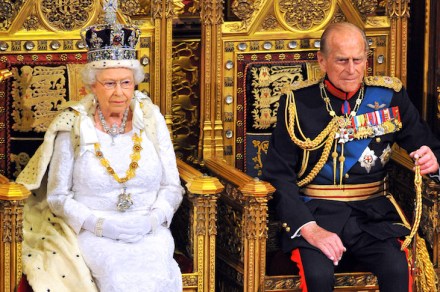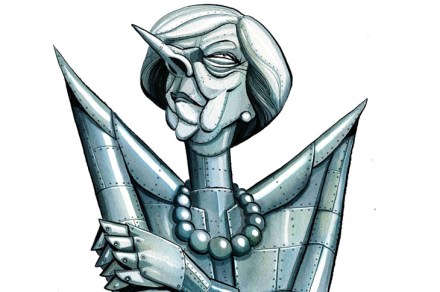The Royal response to Harry and Meghan is too little, too late
They are 61 words that have taken more than 36 hours to hone. An ancient institution delaying action while a global audience of millions devoured Harry and Meghan’s two hours of television exposure, with Oprah as their host: ‘The whole family is saddened to learn the full extent of how challenging the last few years have been for Harry and Meghan. The issues raised, particularly that of race, are concerning. While some recollections may vary, they are taken very seriously and will be addressed by the family privately. Harry, Meghan and Archie will always be much-loved family members.’ Present, in Buckingham Palace’s response, is a reference to race – the most
